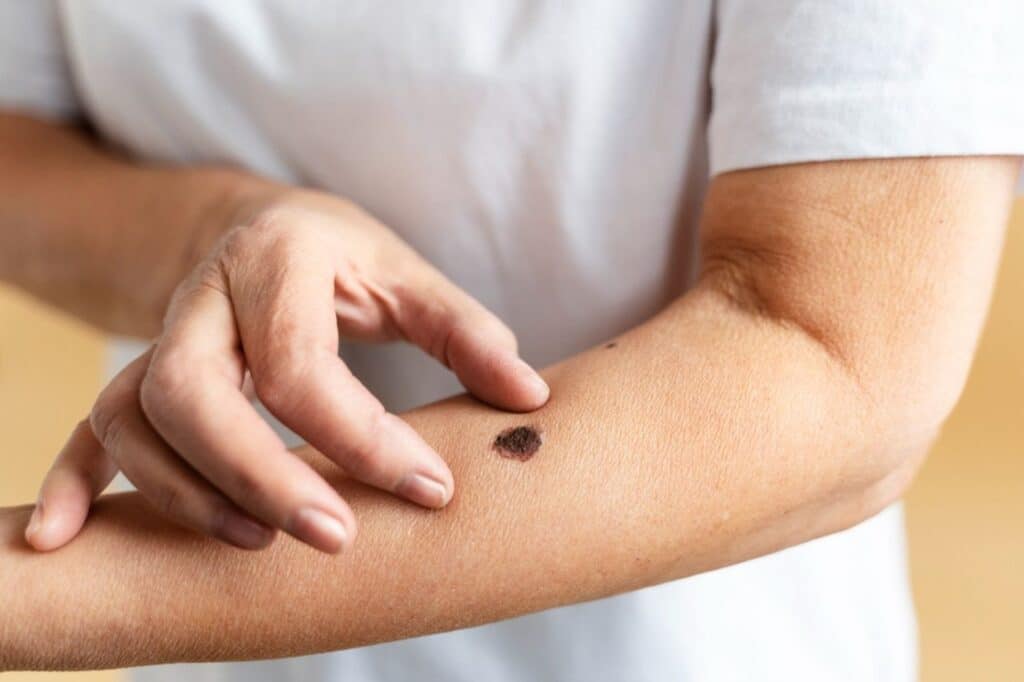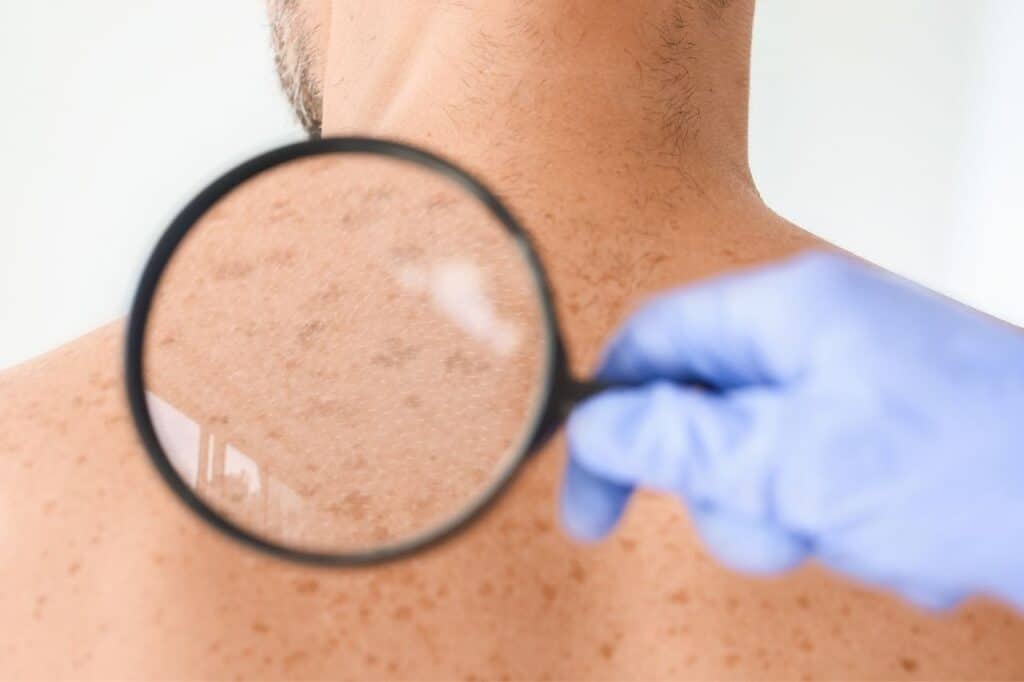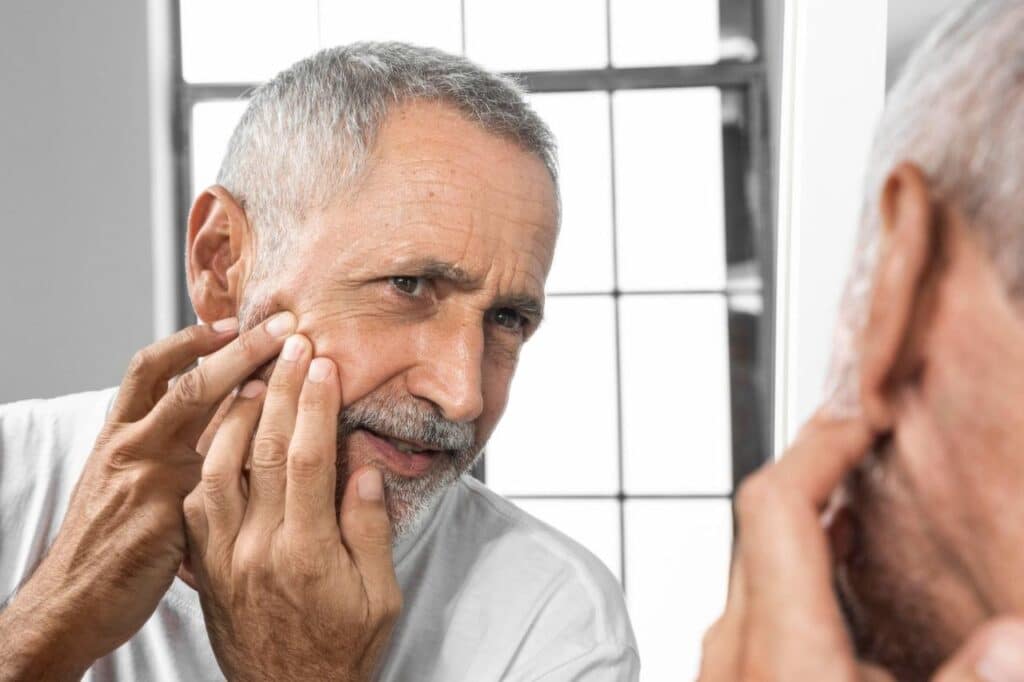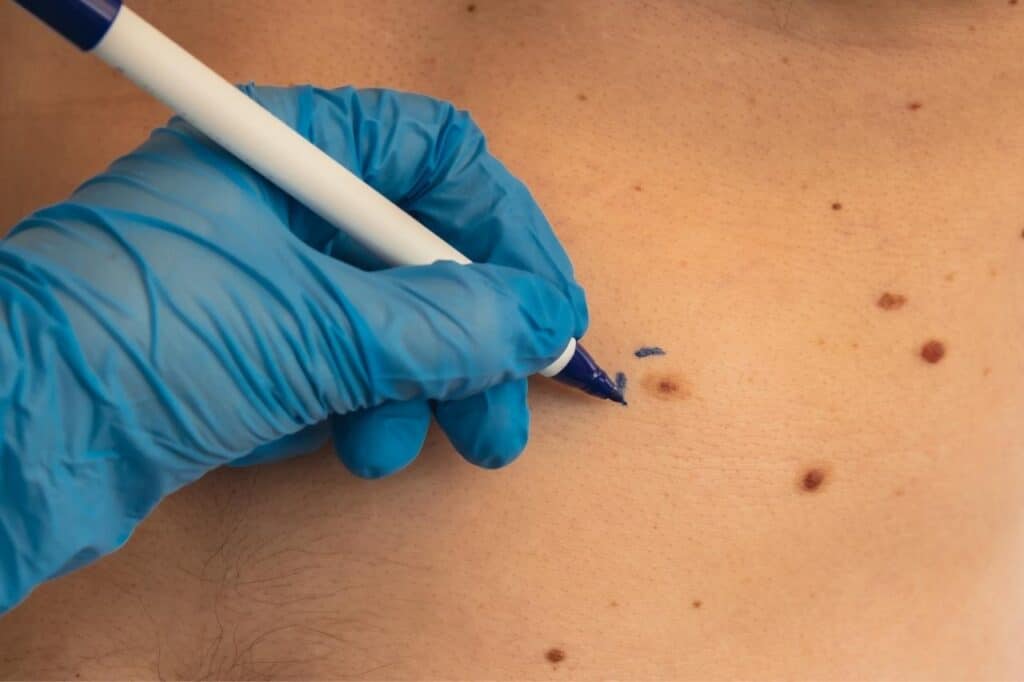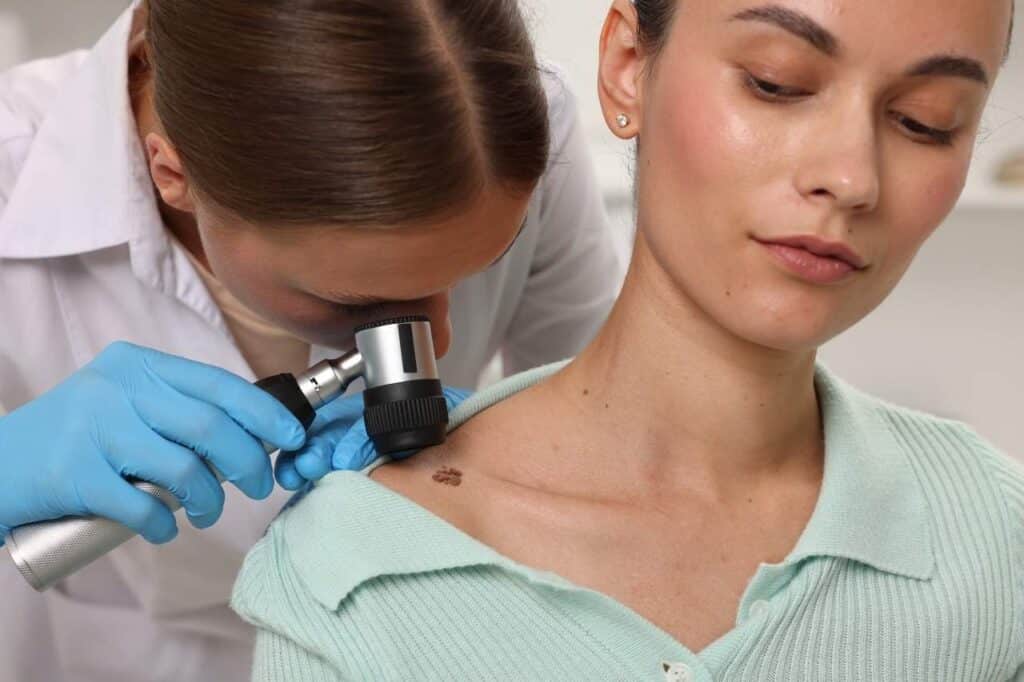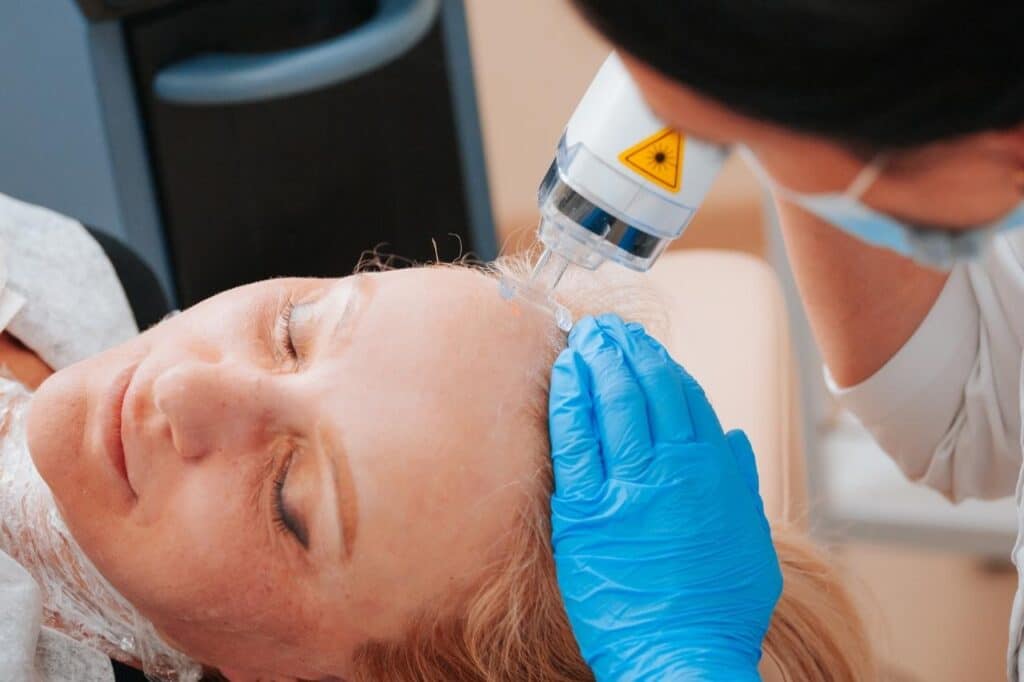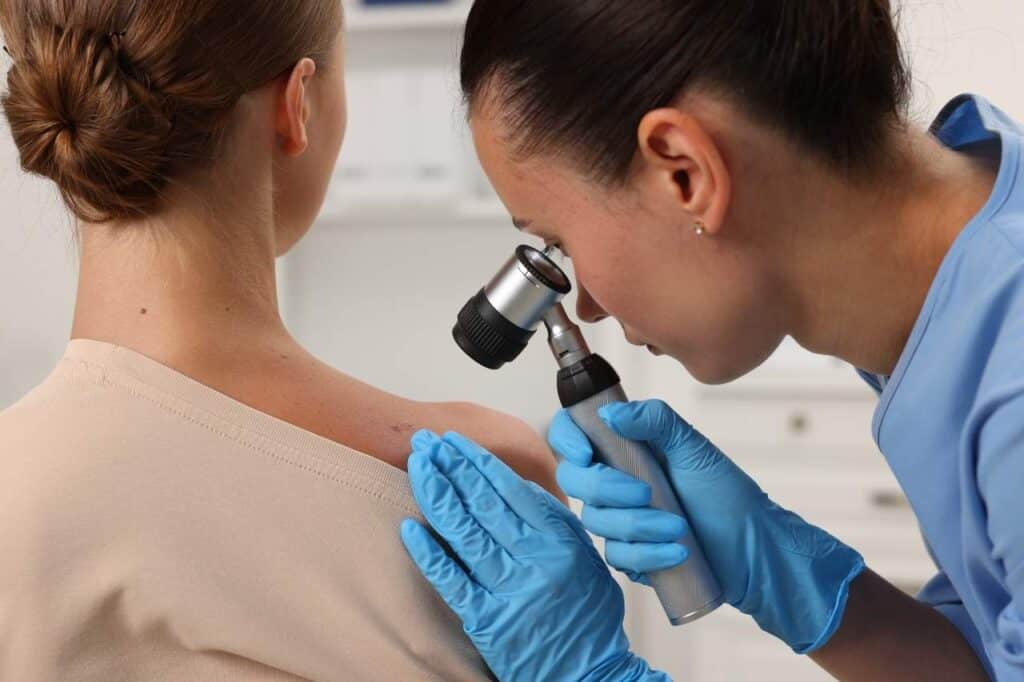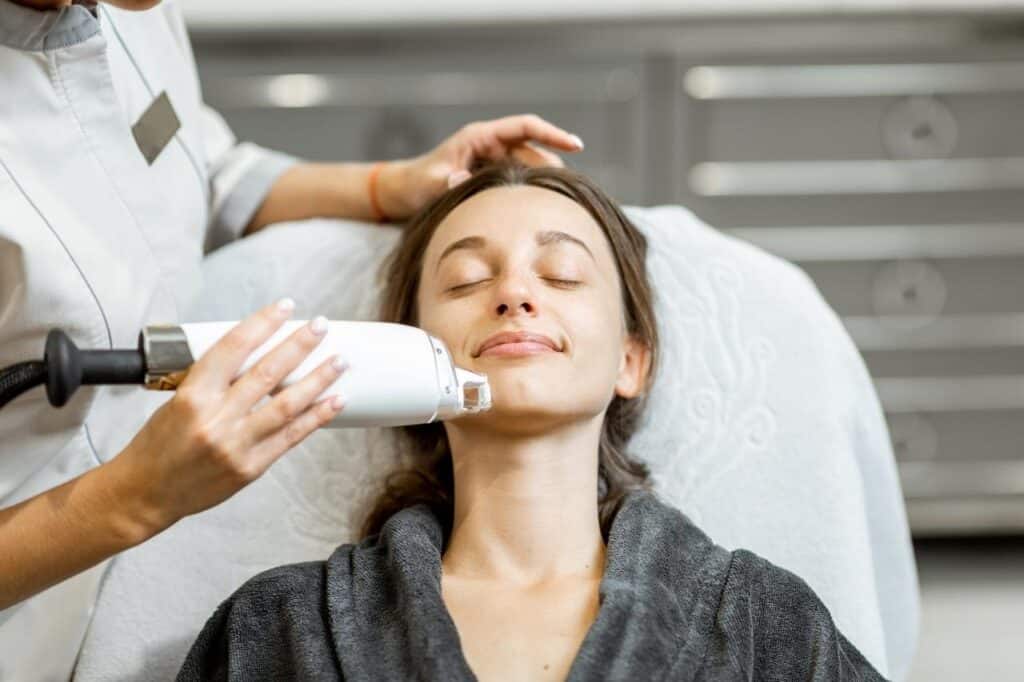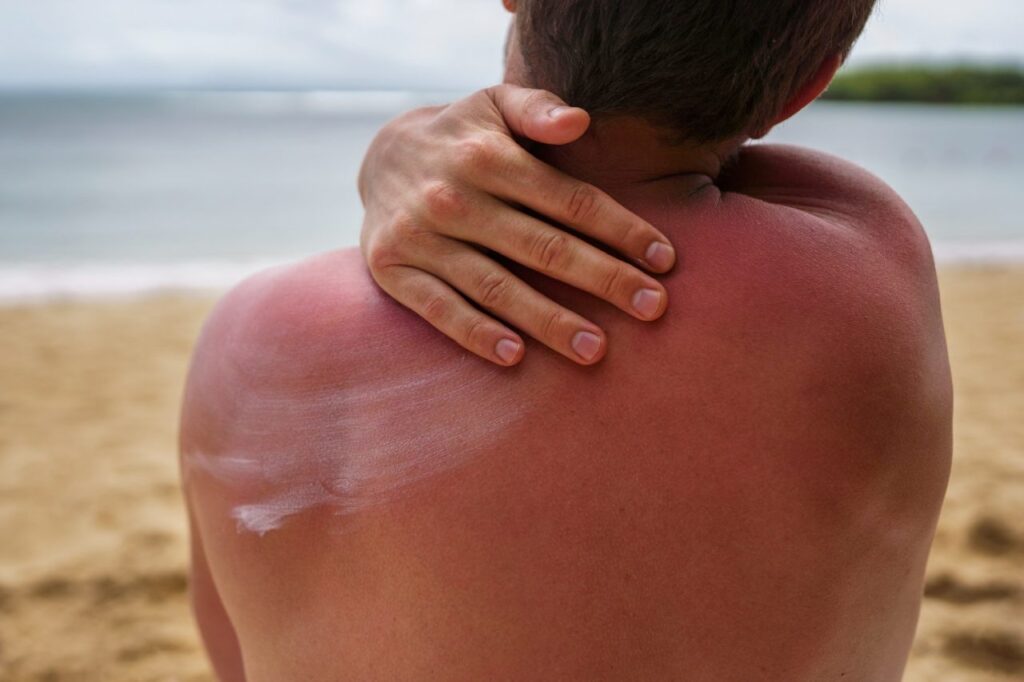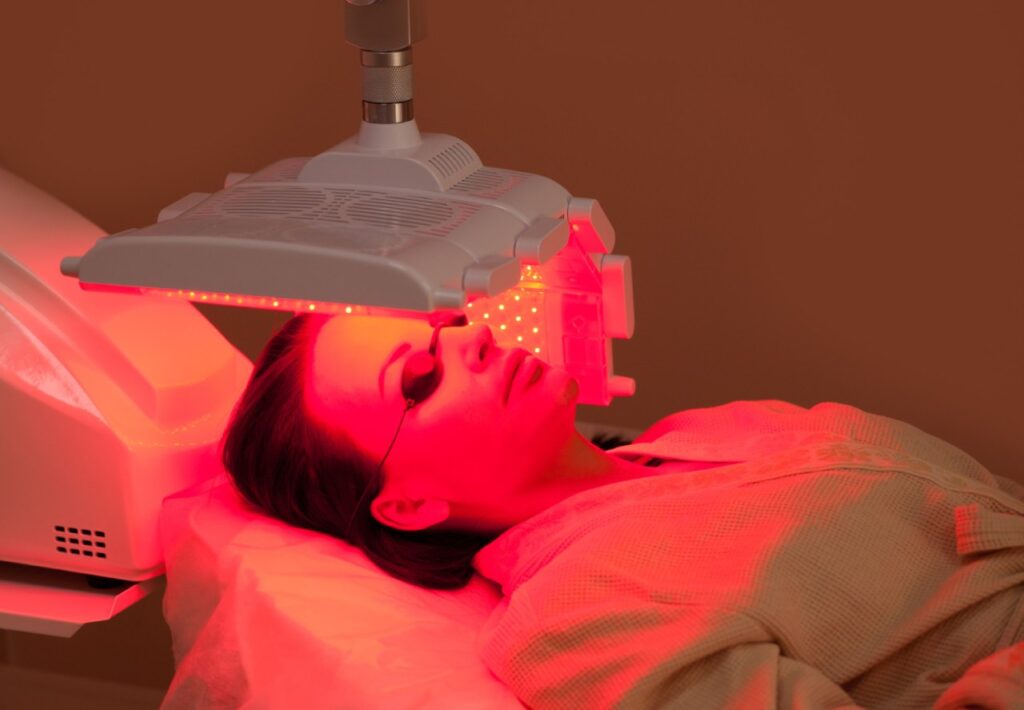Your Skin Cancer Prevention Plan: Creating a Personalised Strategy with PDT and Fraxel
By now, you have learned about the remarkable potential of Photodynamic Therapy (PDT) and Fraxel 1940 laser technology for preventing skin cancer and maintaining optimal skin health. You understand the science behind these treatments, the evidence for their effectiveness, and the various clinical applications. However, the question that likely remains is: how do I determine […]
Your Skin Cancer Prevention Plan: Creating a Personalised Strategy with PDT and Fraxel Read More »

